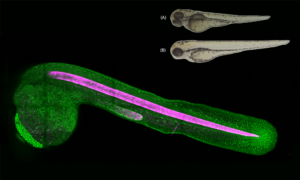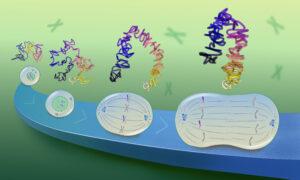New EMBL service makes web browsing efficient for biologists
The life sciences are scaling up and produce huge amounts of data and new literature at an amazing pace. The European Molecular Biology Laboratory (EMBL) now offers a new free service to help researchers, teachers and students keep up-to-date with scientific literature on the web, especially when researching unfamiliar molecules.
In the current issue of Nature Biotechnology researchers of EMBL’s Structural and Computational Biology Unit present ‘Reflect’, a new automated document annotation service. Reflect pinpoints all genes, proteins and small molecule names on any web page.With a single click pop-up windows provide extra information on any molecule, such as domain structure, subcellular localisation, 3D structure, and interaction partners in the case of proteins, and the chemical structure and interaction partners in the case of small molecules. The information is based on biological databases comprising 1.5 million proteins from 373 organisms and 4.3 million small molecules.
Reflect was recently awarded the first prize in the Elsevier Grand Challenge, an international contest that attracted over 70 submissions that improve the way scientific information is communicated Reflect is freely available on the web at: http://reflect.ws.



